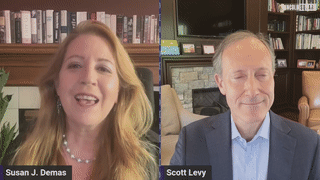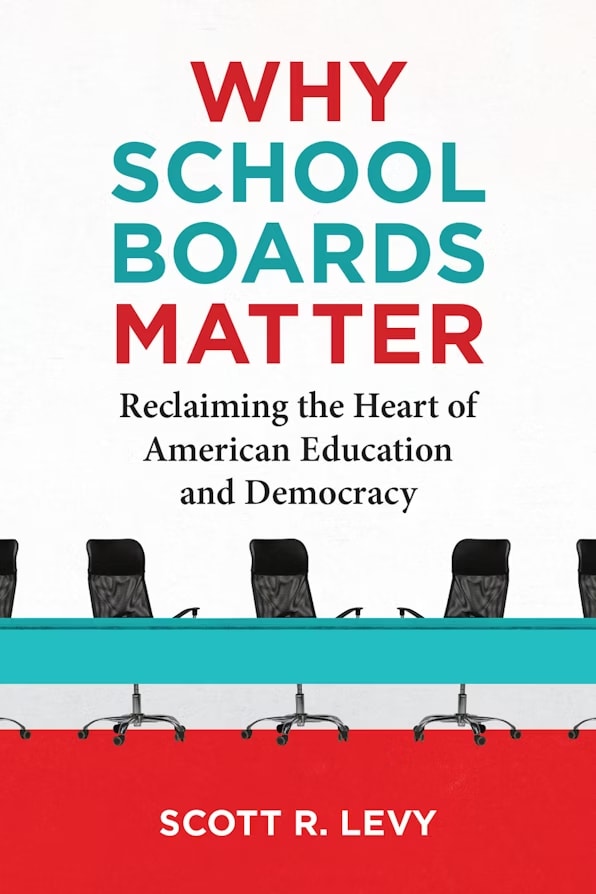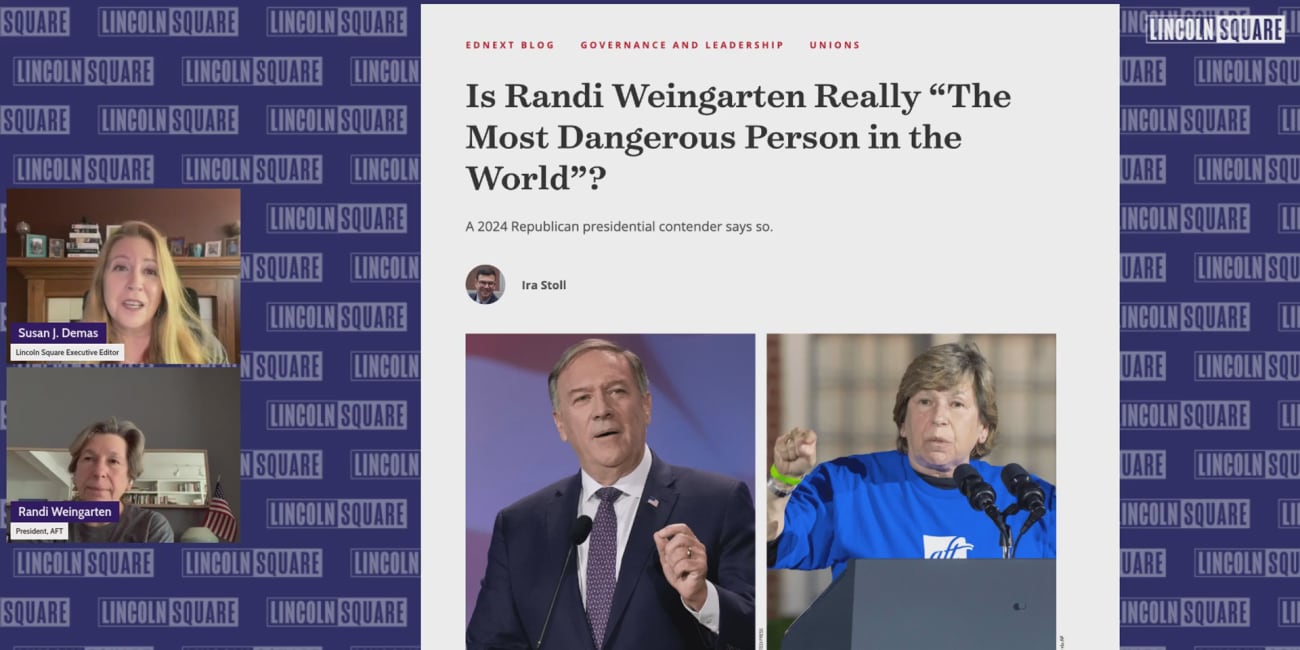|
 |
Thank you for being a free subscriber.. Don’t lose access. Please upgrade your subscription to Lincoln Square today with this limited-time offer.
Join us on the frontline in the battle for our rights and freedoms under the law. It's our duty as Americans to defend democracy. Together.
 |
Back when I was a local government reporter in the Midwest during the early 2000s, I covered my fair share of school board meetings. Often times, I was the only person in the audience, unless the board was looking at doing something particularly controversial like putting a tax increase on the ballot. However, during the COVID-19 pandemic, everything changed. Suddenly, school board meetings in small hamlets became national news, with boisterous protests against masks and vaccinations and videos of parents’ expletive-strewn rants and even Nazi salutes went viral online.
So how did we get here? I decided to talk to Scott R. Levy, a school board member and a lecturer at Harvard University who wrote the book, Why School Boards Matter: Reclaiming the Heart of American Education and Democracy. He recalled hearing from constituent who used to watch school board meetings to help him fall asleep back in 2015 — a far cry from the post-2020 reality when conflicts over health policies, DEI and Critical Race Theory, and LGBTQ+ books have become front-page news.
The current wave of conflict between parental rights and government control is not entirely new, Levy points out, citing a parallel in the early 1900s during the push for smallpox vaccines in schools. What has changed this time around is the influx of national politics and well-funded outside groups like Moms for Liberty into local school board elections, even for unpaid positions.
The internet also has blurred the line between national and local politics, especially with big accounts like Libs of TikTok pushing out clips to millions of followers. And with fewer local newspapers, radio stations, and TV stations — and those left grappling with budget cuts — there’s been an information void that’s often filled by social media narratives. There’s also more coordination, Levy notes, as like-minded people across the country can apply the same tactics at their local board meetings.
But even though conflict grabs headlines, Levy stresses that most districts still have healthy and respectful debates — they’re a model for how the democratic process is supposed to work.
You’re currently a free subscriber to Lincoln Square Media. For full access to our content, our Lincoln Loyal community, and to help us amplify the facts about the assault on our rights and freedoms, please consider upgrading your subscription today with this limited-time offer:
Not ready to subscribe? Make a one-time donation of $10 or more to support our work amplifying the facts on social media, targeted to voters in red states and districts that we can help flip. Every $10 reaches 1000 Americans. The Truth needs a voice. Your donation will help us amplify it.
Want to help amplify this post? Please leave a comment and tell us what you think.

